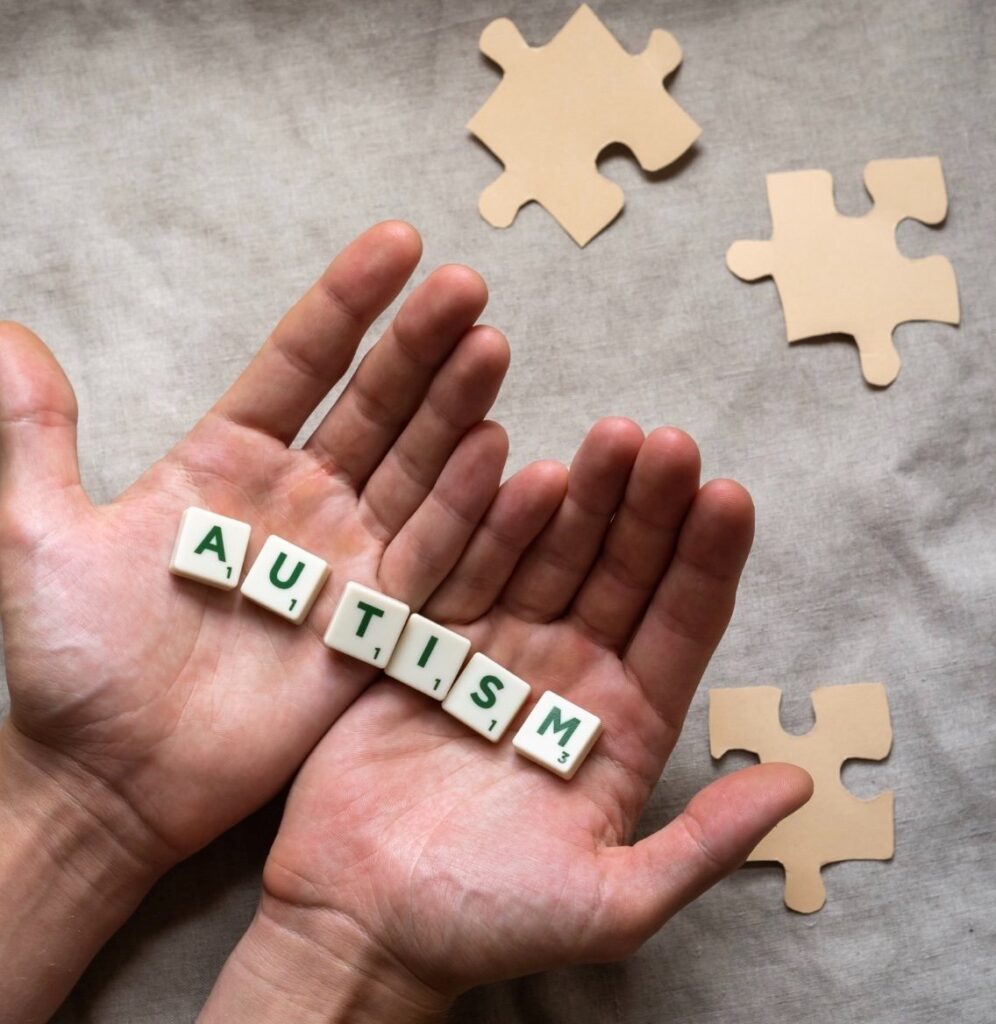
Oral Care
Anyone who is in charge of giving consumers personal attention is the target audience for this dental education.
Ask a Group Question
Gain the required skills
Anyone who is in charge of giving consumers personal attention is the target audience for this dental education.
The course emphasizes the value of oral health, covering topics such as how dental disease is caused by plaque, the need of brushing teeth, how to take care of dentures, and the connection between oral and overall health.
Course Summary
- What is oral hygiene
- Potential issues, reasons and trouble shooting
- Person centred care
- MDT
- Groups of people at risk of poor oral hygiene and possible results
- Effects poor hygiene has on quality of life
- Your responsibilities
Let Us Guide You to the Right Course
Choosing the right course can be a big decision and we’re here to make it easier for you. Whether you’re looking to gain new qualifications, switch careers, boost your confidence, or simply expand your knowledge, our team is ready to support you every step of the way.
Once we receive your enquiry, one of our friendly course advisors will review your information and get in touch with tailored recommendations all within one working day.
Oral Care Training FAQs
Where Do You Deliver The Oral Care Training?
We can deliver this training at your premises, as long as it’s within the UK. We also have our own venues in the UK if you don’t have access to a training room. Also, we are able to deliver this training virtually using Zoom.
Who Is This Oral Care Training For?
How Many Delegates Can I Have On One Session?
Who Will Conduct The Training?
One of our expert clinical tutors, these are either Nurses or Doctors with an abundance of clinical and complex care experience and knowledge – so you’ll be in great hands! Furthermore, we will let you know who is doing the training in advance, you can check out their skills and experience by finding them on our meet the team page.
INTRODUCTION OF COURSE
Oral care is a vital aspect of personal hygiene and overall health, particularly for individuals who rely on the support of health and social care staff. Poor oral hygiene can lead to pain, infection, difficulty eating, and serious health complications. This course provides essential knowledge and skills to help staff deliver safe, effective, and dignified oral care, protecting the well-being and quality of life of those they support.
TRAINING COURSE CONTENT
This Oral Care training course will cover:
✅ The importance of good oral hygiene
Learners will understand why oral care is vital for health and well-being. This section explains how maintaining oral hygiene prevents tooth decay, gum disease, pain, and infections that can affect eating, communication, and general health.
✅ Oral health risks in vulnerable groups
This section explores why certain individuals — such as older adults, people with disabilities, or those with medical conditions — may be at greater risk of poor oral health. Learners will recognise the need for extra vigilance and tailored care.
✅ Legal and professional responsibilities in oral care
Learners will review the duty of care, consent, and person-centred principles that apply when delivering oral care. This part covers how to respect dignity, privacy, and choice while fulfilling professional obligations.
✅ Common oral health conditions
This part introduces conditions such as dental caries, gingivitis, periodontal disease, oral thrush, and dry mouth. Learners will learn how to identify signs that may indicate problems requiring further attention or referral.
✅ Providing oral care safely and effectively
Learners will explore practical techniques for delivering oral care, including brushing teeth, cleaning dentures, and supporting individuals who resist care or have swallowing difficulties. This section highlights safe positioning, infection control measures, and the use of appropriate equipment.
✅ Recognising when to report concerns
This section focuses on when and how to report concerns about an individual’s oral health, including signs of infection, pain, bleeding, or damage to the mouth or teeth. Learners will understand the importance of early reporting to prevent further harm.
✅ Record keeping and reflective practice in oral care
Learners will understand how to document oral care provided and reflect on their practice to improve the quality of care and support individual needs.
LEARNING OUTCOMES
By the end of this course, learners will:
Understand the importance of oral care in supporting health and well-being
Identify individuals at higher risk of poor oral health
Know their legal and professional responsibilities when providing oral care
Recognise common oral health conditions and when to seek further advice
Apply safe and effective techniques for delivering oral care
Understand the importance of reporting concerns and documenting care provided
TRAINING QUESTIONS AND ANSWERS
Question: Why is oral care important for people who need support?
Answer: Because it helps prevent pain, infection, and other health complications, supporting dignity, comfort, and well-being.
Question: Name a common oral health condition that care staff should look out for.
Answer: Gingivitis (gum inflammation).
Question: What should you do if you notice bleeding or sores in a person’s mouth?
Answer: Report your concern following your organisation’s procedures so the person can receive appropriate care.
Question: How can you help someone who resists oral care?
Answer: Use calm communication, offer choice, respect their preferences, and seek guidance if needed.
Ready to Train with the Best?
Take the first step toward becoming a confident and qualified healthcare professional. Our expert-led practical training sessions are designed to give you real skills that make a real difference.

Medi Hands Training is a leading provider of healthcare training across the nation. Our courses are taught by experienced healthcare professionals who are actively practicing in the field.
Need some help?
- © 2025 Medi Hands Training. All rights reserved.
- Company Registration Number # 15312351
Sign up to receive our latest updates
Get in touch
Call us directly?
Address
